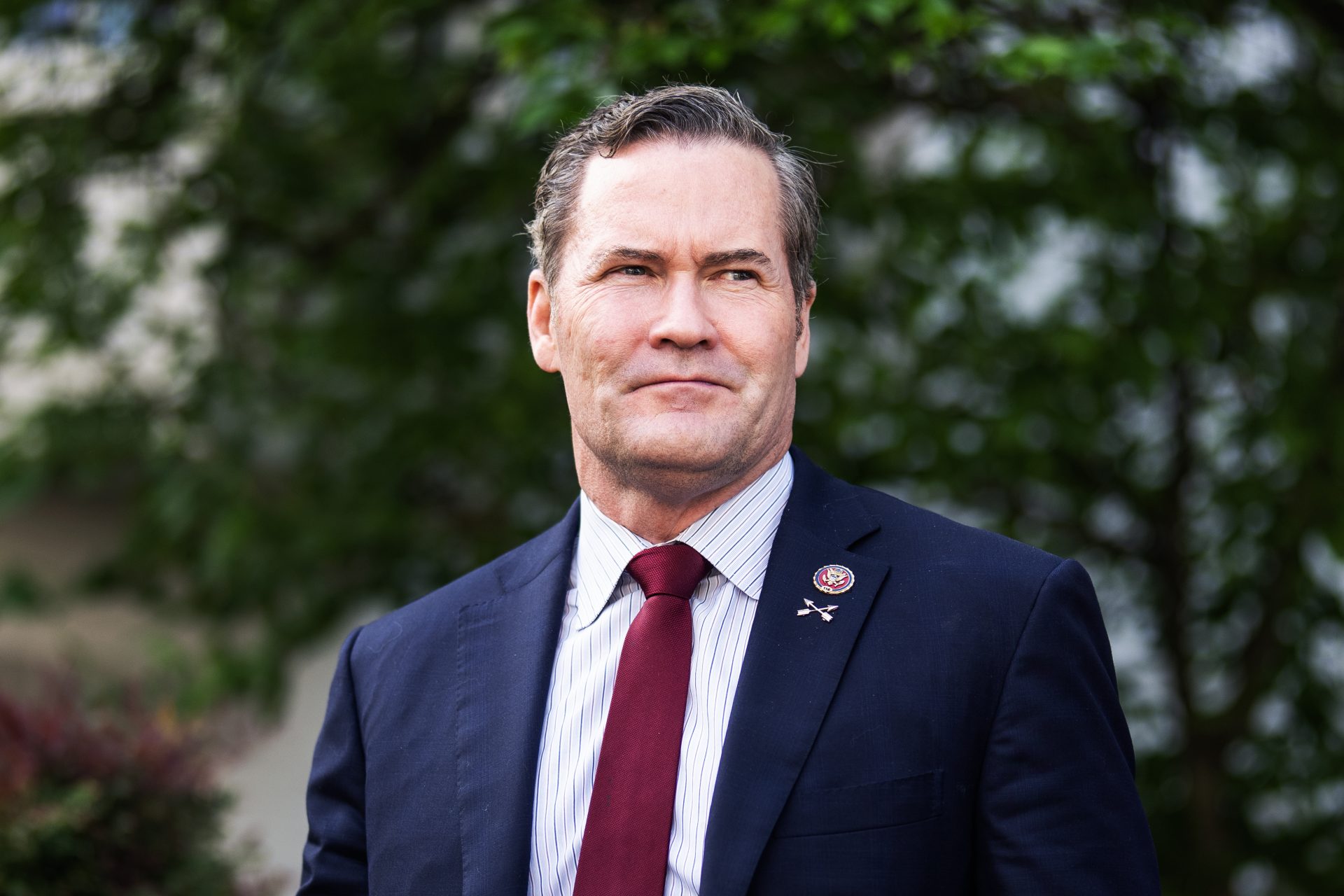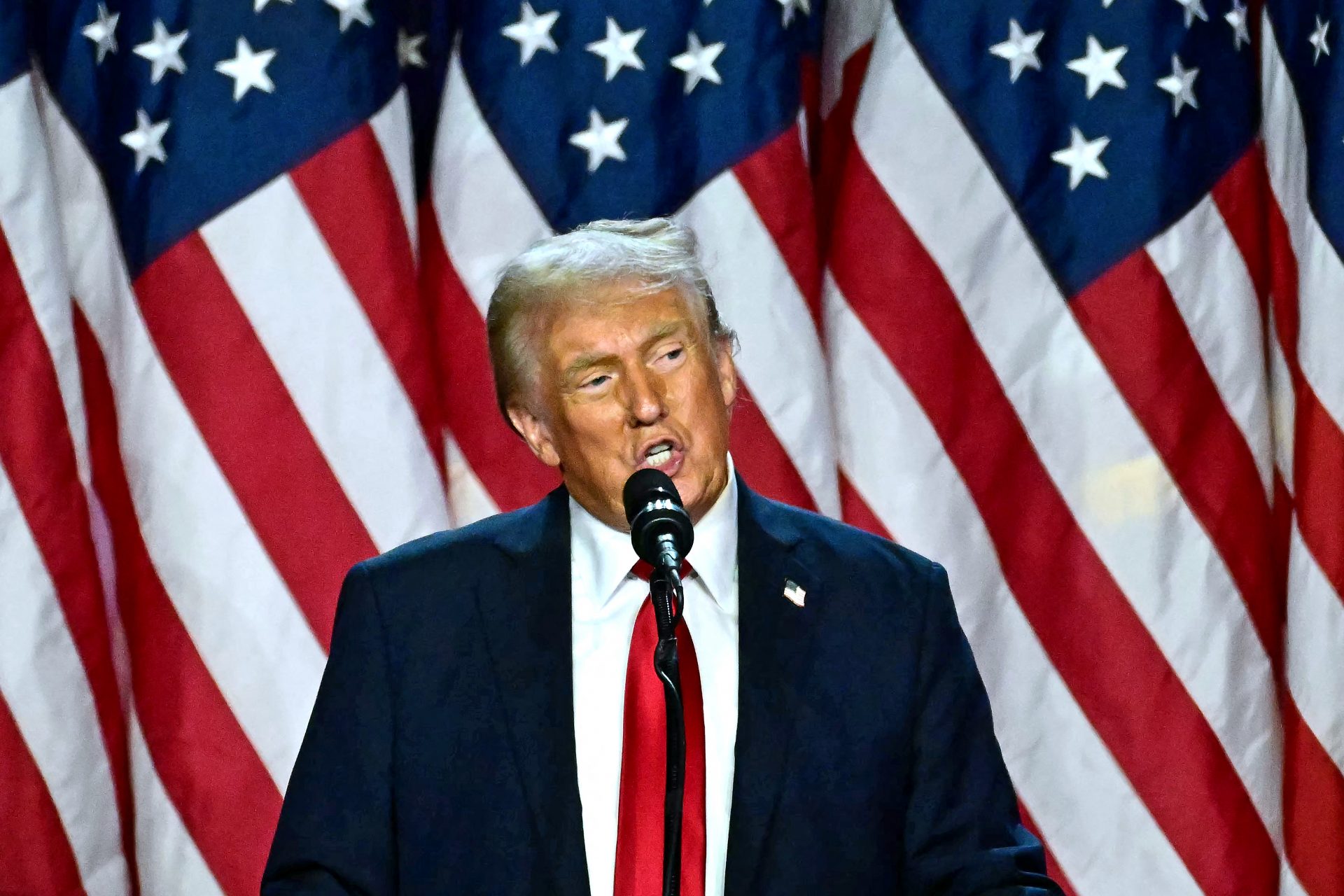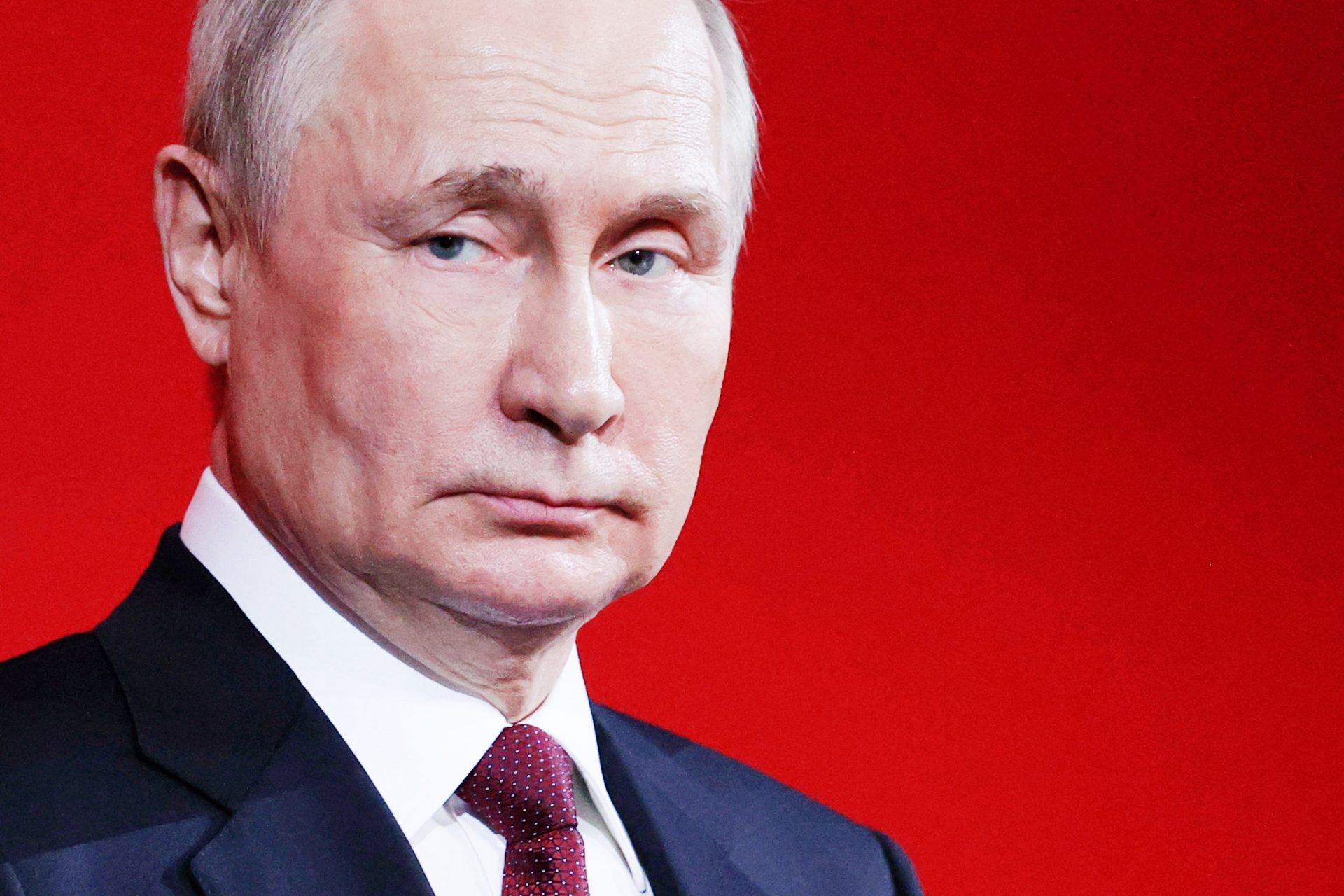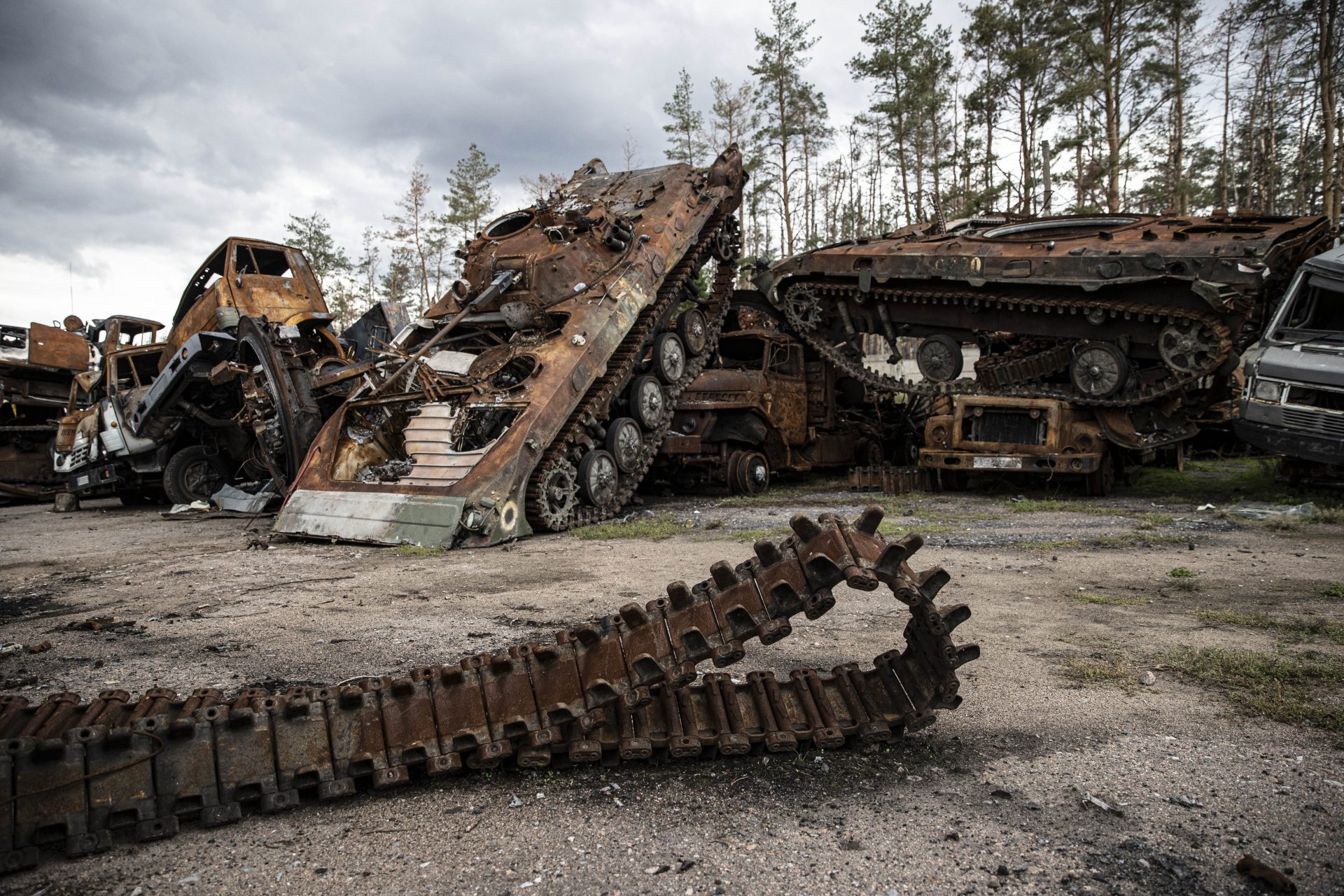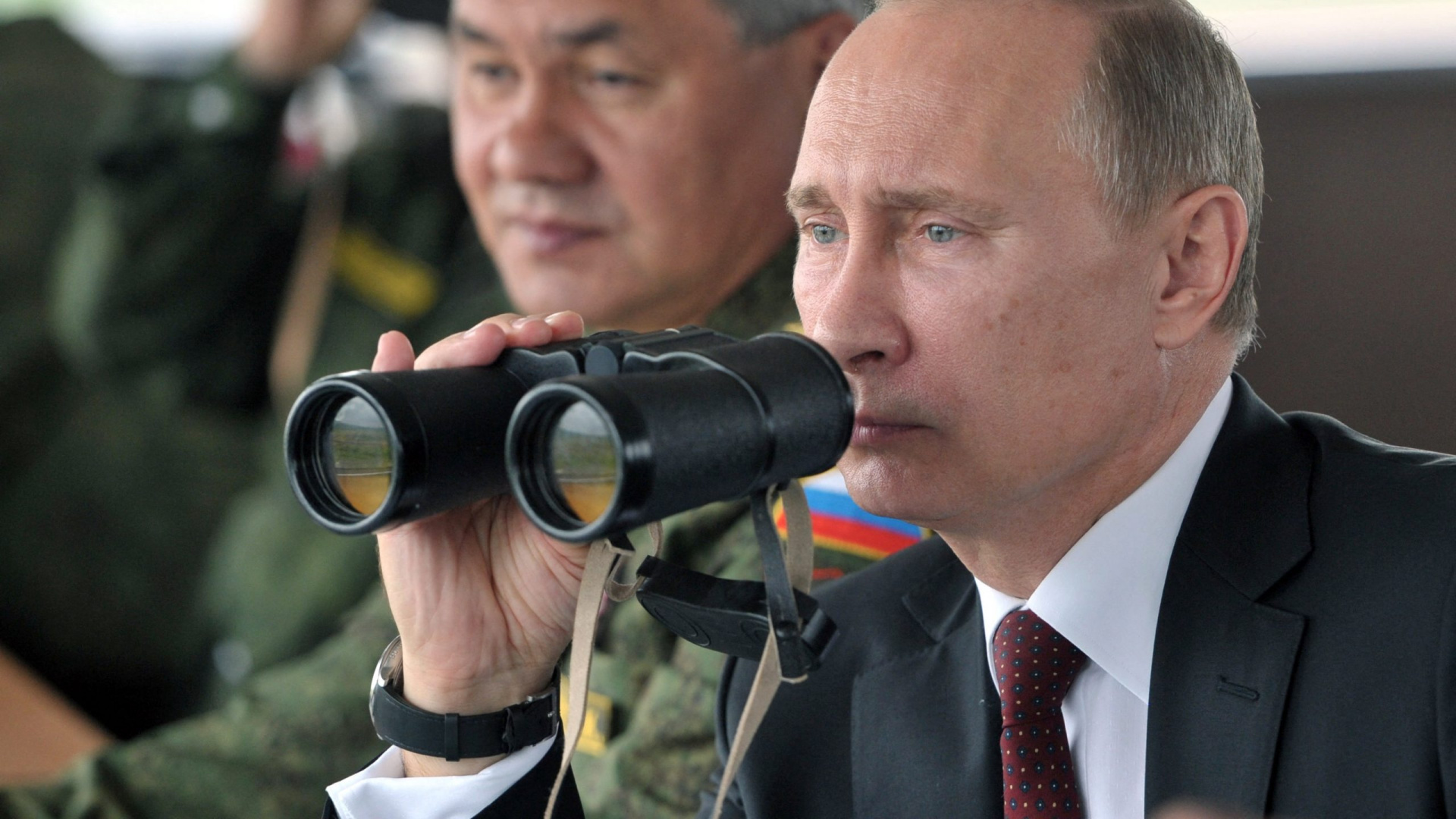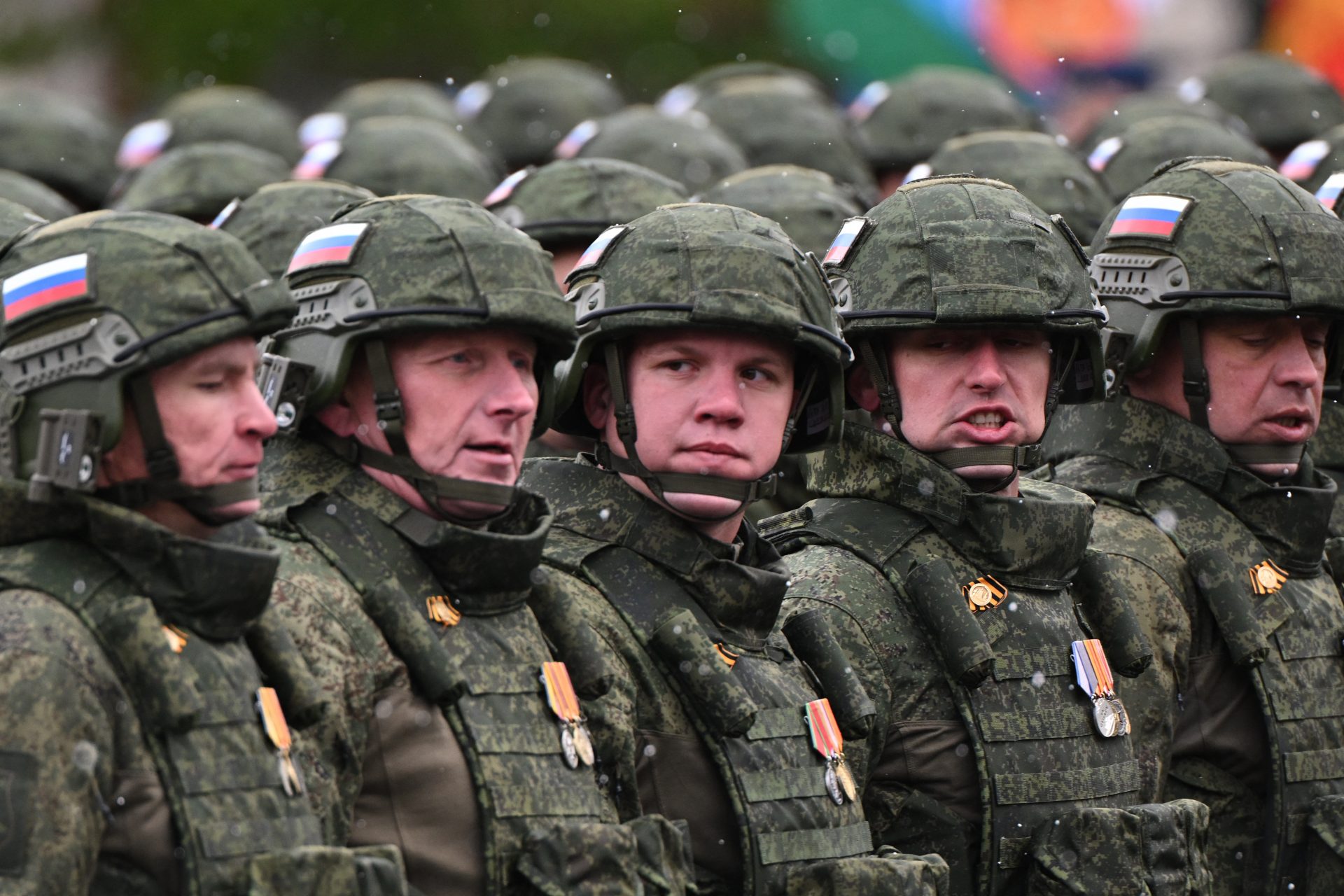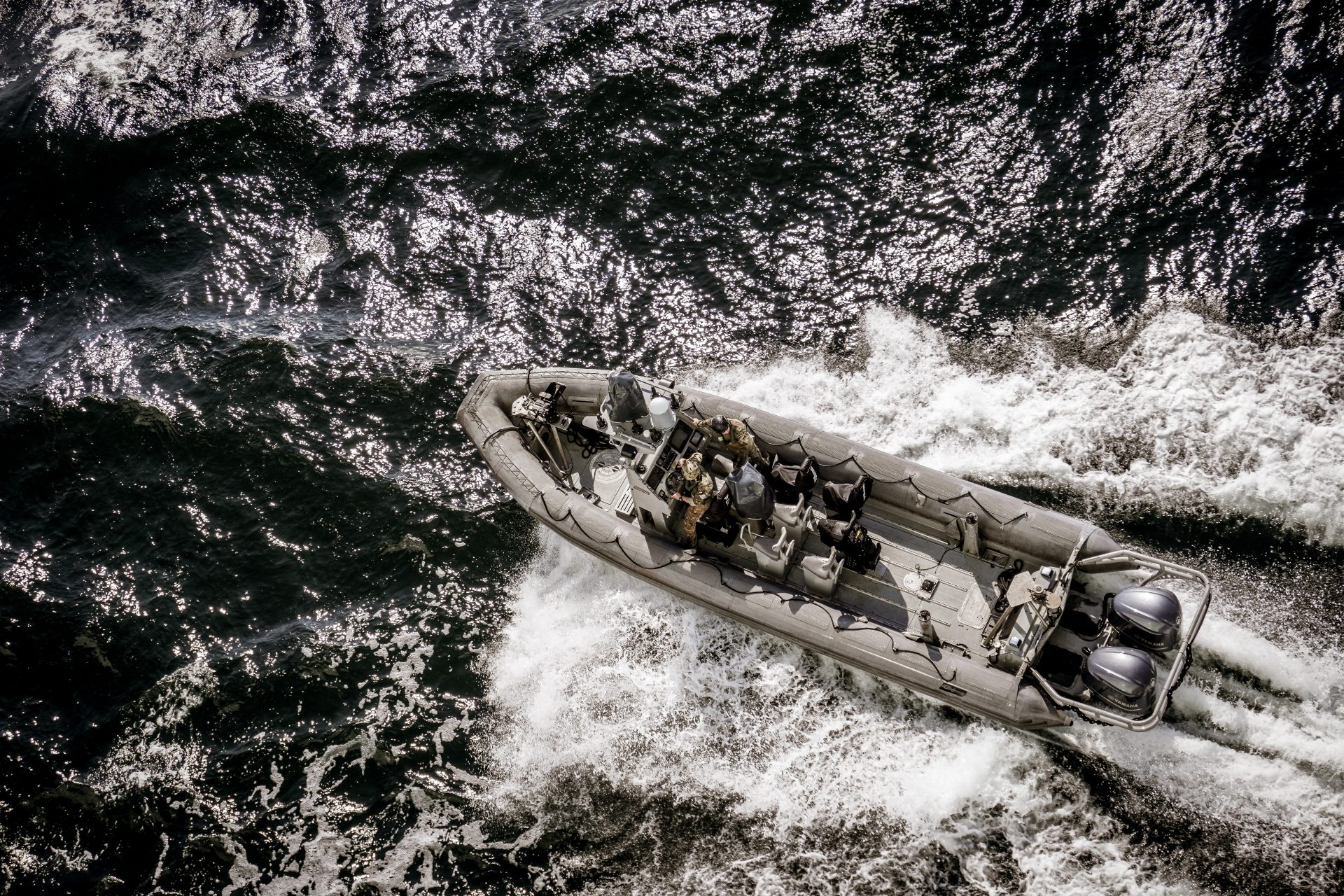Putin has already lost in Ukraine, Western experts agree
Many analysts argue that, in the way the Ukraine conflict has played out so far, Putin cannot win the war he started a year ago. Why is that? Isn't Russia a military superpower capable of defeating its smaller neighbor led by Zelensky? Let's find out.
US General Mark Milley, Chair of the Joint Chiefs of Staff, argued in a press conference in mid-February that Putin has lost “strategically, operationally and tactically”.
“Ukraine remains free. They remain independent. NATO and its coalition has never been stronger,” Milley declared according to The Guardian, adding that “Russia is a global pariah and the world remains inspired by Ukrainian bravery and resilience”.
The Chairman of the United States Joint Chiefs of Staff is hardly alone in his diagnosis of Russia and its leader.
British defense analyst and King's College Professor Michael Clarke wrote on the BBC website that the only possible outcomes for Putin are “different types of defeat.”
Clarke's theory is based on the idea that the latest Russian military victories such as Georgia, Syria or Crimea depended on two aspects: small, swift elite units aided with Russian air power and a slow or indifferent international response.
Ukraine, according to Michael Clarke, was “an astonishing and reckless gamble” that didn't pay off.
Putin's plan to take over a “country of 45 million people occupying the second-biggest land area in Europe” failed when it didn't manage to overthrow the government within the first days.
Clarke argues that, facing the possibility of losing face or even losing power, the only option left for Putin is escalation. Frame the conflict in Ukraine as “Great Patriotic War 2.0” against Western Europe.
Andrea Kendall-Taylor, director of the Transatlantic Security Program at the Center for a New American Security, gave a similar assessment to The New York Times.
“Putin believed that they could get to Kyiv, decapitate the regime, and that the whole country would fall like a house of cards,” Kendall-Taylor said to the New York newspaper.
Kendall-Taylor believes that Russia's biggest mistake was misunderstanding Ukraine and underestimating its government.
The Kremlin thought that Zelensky was a weak leader that would flee at the first sign of trouble and that Russian troops would be received with open arms by the locals. Neither thing happened.
One thing is invading a country, another different matter is occupation. Scenarios like Iraq and Afghanistan are more than enough proof that no occupation can last if it's met with resistance from the local population.
In a 2022 Politico piece titled 'Putin's Losing. Now What?', British Russia expert argues that Putin knows that winning is no longer an option.
“Putin has shifted from ‘how do I win this?’ to ‘how do I avoid losing this?’ approach,” said Mark Galeotti, who also serves as senior associate fellow at the Royal United Services Institute.
Galeotti considers that Putin would be exercising 'Strategic patience': Stalling in the hopes that Ukraine and its supporters will eventually tire down of fighting.
Other experts cited in the same Politico article point out that, facing obstacles to gaining territory in Ukraine, the Russian military has been focusing on sabotaging and attacking infrastructure, including power and internet connection.
A cornered Putin could try to escalate the conflict, focusing on Europe. Incidents such as the supposed attack on Nord Stream 2, which many Western countries have blamed Russia, could be an example of this.
There's always concern regarding the nuclear option. Old Cold War fears continue to be effective and what probably keeps NATO out of the conflict.
Another factor that can't be ignored is the resilience of the Ukraine people facing invasion, something Putin or anyone else didn't imagine.
Famous philosopher Yuval Noah Harari wrote a thinkpiece for The Guardian about how Russia has already lost the war: “this war is likely to be long-lasting. Taking different forms, it may well continue for years. But the most important issue has already been decided”.
“Ukrainians are a very real people, and that they definitely don’t want to live under a new Russian Empire. The main question left open is how long it will take for this message to penetrate the Kremlin’s thick walls,” writes Harari for The Guardian.
Experts generally agree that a victory in Ukraine is an unreachable goal for Putin, but also one that is bound to his future as leader of Russia.
More for you
Top Stories



























